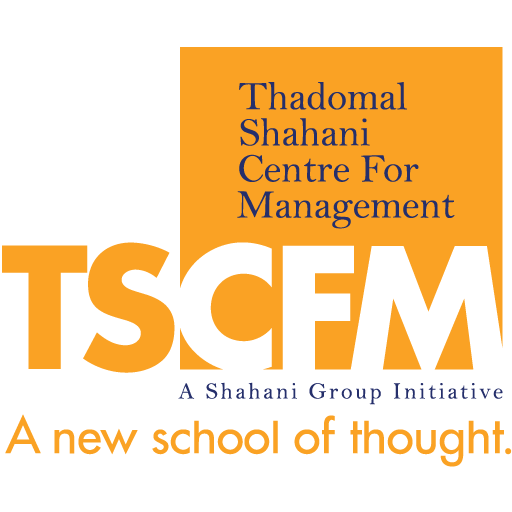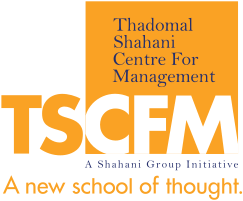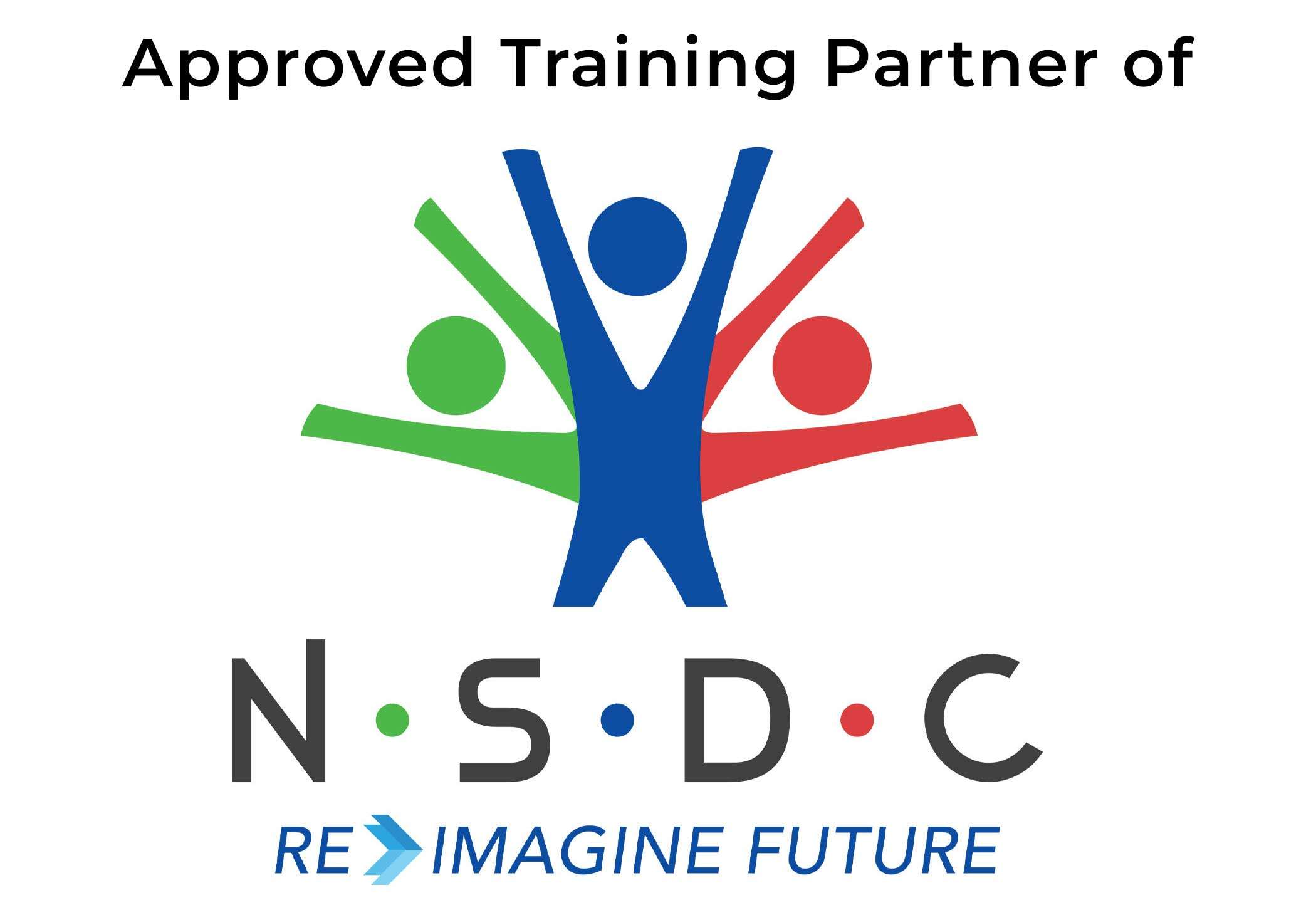Share
How to Choose the Perfect MBA College?

Choosing the right MBA college is a critical decision that can significantly impact your career.
This blog will guide you through the essential factors to consider, including accreditation, reputation, curriculum, MBA course fees, and placement records.
By carefully evaluating these elements, you’ll be better equipped to select a college that aligns with your career goals and offers a solid return on your investment.
We’ll also highlight,
The advantages of TSCFM’s MBA program, showcasing why it might be the ideal choice for you
1. The Importance of Choosing the Right MBA College
Selecting the right MBA college is a crucial step in shaping your future career.
The choice you make will influence the quality of education you receive, the network you build, and the opportunities available to you after graduation.
With numerous options available, finding a college that aligns with your career goals, offers a strong curriculum, and provides solid placement support is essential.
When considering an MBA program, it’s important to weigh various factors, such as the college’s reputation, the MBA course fees, and the success rate of its graduates.
Making an informed decision will set the foundation for a successful and fulfilling career in business management.
2. Accreditation and Reputation
When choosing an MBA college, accreditation and reputation should be top priorities. Accreditation ensures that the institution meets specific educational standards, which is crucial for the value of your degree. An accredited college is recognized by employers and other educational institutions, making your qualification more credible and respected in the industry.
The reputation of the college also plays a significant role in your career prospects.
A well-regarded institution often has strong ties with the business community, providing you with better networking opportunities and access to top companies for internships and job placements.
Researching the college’s rankings, faculty quality, and alumni success can help you gauge its reputation and decide if it’s the right MBA college for you.
3. Curriculum and Specializations
The curriculum is the heart of any MBA program, making it a key factor when choosing the right MBA college.
A curriculum should cover essential business disciplines such as finance, marketing, operations, and leadership. It’s important to ensure that the core courses are relevant and up-to-date with current industry practices. This will provide you with the foundational knowledge needed to excel in various business roles.
In addition to the core curriculum, consider the specializations offered by the college. Specializations allow you to focus on areas that align with your career goals, whether it’s finance, marketing, entrepreneurship, or another field.
Choosing a college that offers the right mix of core courses and specializations will help you tailor your education to match your career aspirations and enhance your expertise in your chosen field.
4. MBA Course Fees and Financial Considerations
Understanding the cost of an MBA program is crucial when selecting the right MBA college. MBA course fees can vary significantly between institutions, and it’s important to weigh these costs against the potential return on investment. While a higher tuition fee might be justified by the quality of education and the career opportunities it provides, it’s essential to ensure that the financial commitment aligns with your budget and long-term goals.
In addition to tuition fees, explore the availability of scholarships, financial aid, and loan options. Many institutions offer scholarships based on merit, need, or specific criteria such as leadership qualities or community service. Securing financial aid can significantly reduce the burden of MBA course fees, making a high-quality education more accessible.
By carefully considering these financial aspects, you can make an informed decision that balances cost with the value of the education you’ll receive.
5. Placement Records and Alumni Network
Placement records are a key indicator of a college’s ability to prepare students for successful careers. When choosing the right MBA college, it’s essential to review the institution’s placement statistics.
Look for high placement rates, average starting salaries, and the types of companies that recruit from the college.
A strong placement record, like the one TSCFM, indicates that the college has solid industry connections and provides effective career support, helping you secure a job post-graduation.
Equally important is the strength of the college’s alumni network. A strong alumni network can offer invaluable mentorship, networking opportunities, and job referrals. Alumni who have gone on to achieve significant success in their careers can be a testament to the quality of the education and support the college provides. When considering your options, research how active and engaged the alumni network is, as this can be a critical asset in your career development.
Unlock Your MBA Journey at TSCFM – Get Complete Program Insights!
Conclusion
Choosing the perfect MBA college involves evaluating several key factors, including accreditation, curriculum, course fees, and placement records. A well-accredited institution with a strong reputation and a comprehensive curriculum will provide a solid foundation for your career.
Additionally, understanding the financial aspects and exploring financial aid options can make a high-quality education more accessible.
For those considering the TSCFM MBA program, it offers an excellent combination of these factors. TSCFM’s strong placement record and active alumni network demonstrate its commitment to student success.
By enrolling in MBA program, you’ll benefit from a top-notch education and valuable career support. For more information about how TSCFM can help you achieve your career goals,
Want a Successful Career?
Fill up this form for a free career psychometric test & a 30 min career guidance session with our advisor.



